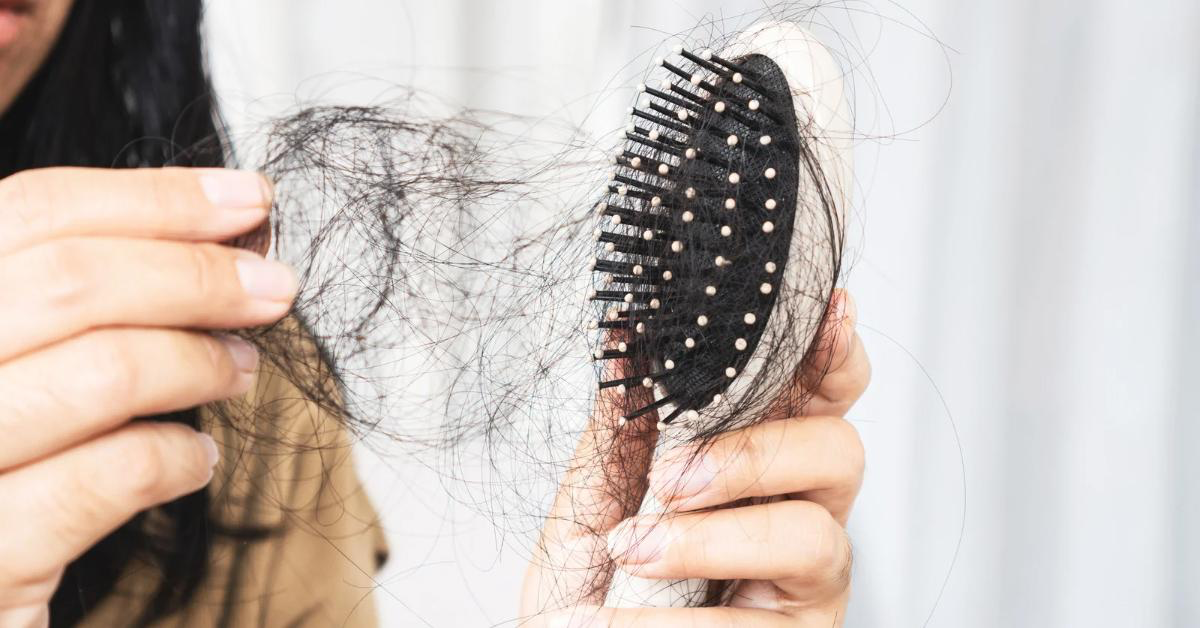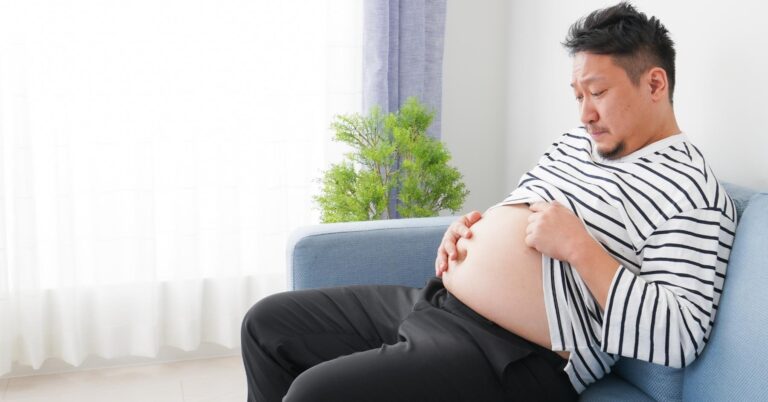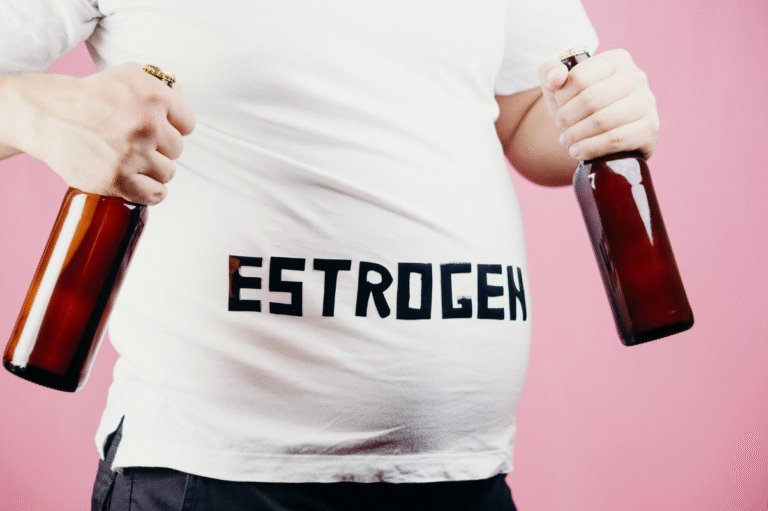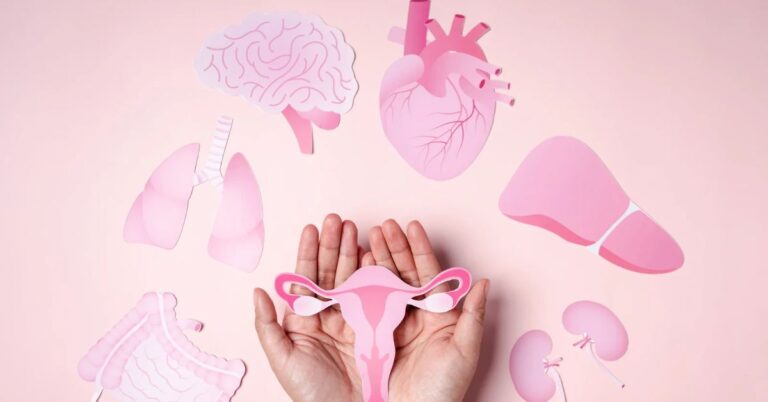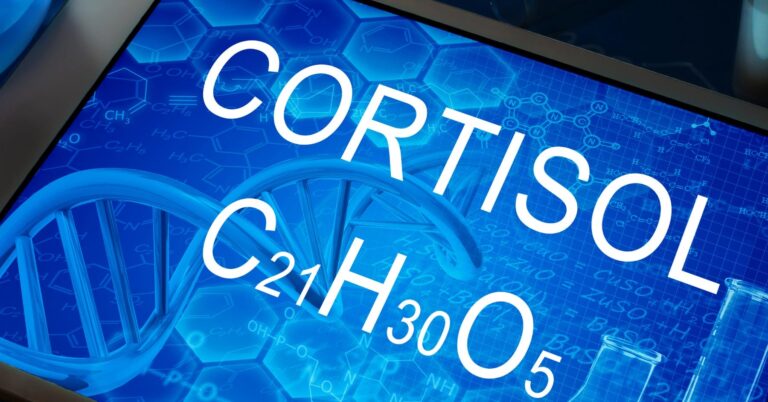Hormonal Hair Loss in Women: Proven Causes and Natural Fixes That Actually Work
If you’ve noticed your ponytail shrinking or more strands on your pillow lately, you’re not alone. Hormonal hair loss in women is more prevalent than many realize, often triggered by fluctuations in estrogen, progesterone, or androgens. Fortunately, while it can be frustrating, it’s also manageable and, in many cases, reversible with the right natural remedies and medical support.
Let’s delve into the underlying causes of hormonal hair loss, explore scientific evidence on its reversibility, and outline actionable steps you can take immediately.
What Causes Hormonal Hair Loss in Women?
According to the American Academy of Dermatology (AAD), women typically lose between 50 and 100 hairs daily. However, if you notice excessive shedding or a widening part, hormonal imbalances are often the culprit.
Hormonal hair loss, also known as androgenetic alopecia or female pattern hair loss, can be triggered by various factors.
- Polycystic ovary syndrome (PCOS)
- Perimenopause and menopause
- Postpartum hormonal shifts
- Thyroid dysfunction
- High levels of androgens (like testosterone or DHT)
Dr. Cheryl Rosen, a board-certified dermatologist and hair loss expert, explains that estrogen and progesterone play a crucial role in maintaining the hair’s growth phase, known as the anagen phase. When these hormone levels decline, the hair growth slows down, and it becomes thinner.
What the Latest Research Says
A 2023 review published in the Journal of Clinical and Aesthetic Dermatology underscored the pivotal role of hormonal imbalances, particularly involving androgens, in female hair thinning. The study further emphasized the potential of natural approaches such as nutraceuticals, plant-derived anti-androgens, and lifestyle modifications as viable treatment options.
Another study conducted by the National Institutes of Health highlighted that diet, stress management, and specific botanical ingredients can have a positive impact on hair density and reduce shedding in cases of hormonally-driven hair loss.
Expert-Approved Natural Fixes That Actually Help
While prescription medications like spironolactone or minoxidil can be effective, many women prefer natural remedies as a first-line or complementary approach.
Here are some expert-backed natural treatments that support hormone balance and hair regrowth:
1. Spearmint Tea
Studies show that drinking spearmint tea twice daily can help reduce excess androgens in women, especially those with PCOS, leading to reduced hair shedding.
2. Pumpkin Seed Oil
Rich in phytosterols, pumpkin seed oil may block the conversion of testosterone to DHT, the hormone linked to hair follicle shrinkage. Look for it in capsule or topical serum form.
3. Adaptogenic Herbs
Herbs like ashwagandha, rhodiola, and holy basil help regulate cortisol, the stress hormone that can disrupt hormonal harmony and impact hair growth cycles.
4. Saw Palmetto
A natural DHT blocker, saw palmetto has been shown in some small studies to reduce hair loss and promote regrowth in women with androgenic alopecia.
5. Balanced Nutrition
Ensure adequate intake of:
- Iron and ferritin (check with your doctor)
- Zinc and biotin
- Omega-3 fatty acids
Public Health Impact: Why This Matters
Hair loss, often perceived as a vanity concern, can have a profound impact on women’s mental health and self-esteem. As reported by the Cleveland Clinic, nearly 30 million U.S. women are affected by some form of hereditary or hormonal hair loss.
Left untreated, chronic hair thinning can also be a sign of underlying health conditions like PCOS or thyroid disease. That’s why recognizing the signs and getting the right support is vital.
Lifestyle Tips to Support Hair Growth Naturally
- Prioritize sleep and manage stress through yoga, meditation, or gentle exercise.
- Avoid hairstyles that pull on the roots (tight buns or ponytails).
- Use gentle, sulfate-free shampoos and avoid daily heat styling.
- Consider a scalp massage with rosemary or peppermint oil, which may improve circulation.
- Get regular hormone panels if you’re noticing changes post-birth, during perimenopause, or due to weight fluctuations.
Visit the CDC’s hormone health page to learn more about managing hormonal health throughout life stages.
Final Takeaway
Hormonal hair loss in women is a real, diagnosable, and treatable condition. While the journey back to fuller, healthier hair may take time and consistency, the combination of medical insights and science-backed natural remedies can restore confidence and promote long-term wellness.
If you’re experiencing symptoms, consult a dermatologist or functional medicine doctor. Instead of treating the hair strands, focus on addressing the underlying imbalance.
Check out the healthlynic ✔️approved range of products for Weight Loss, Improve metabolism and much more!
